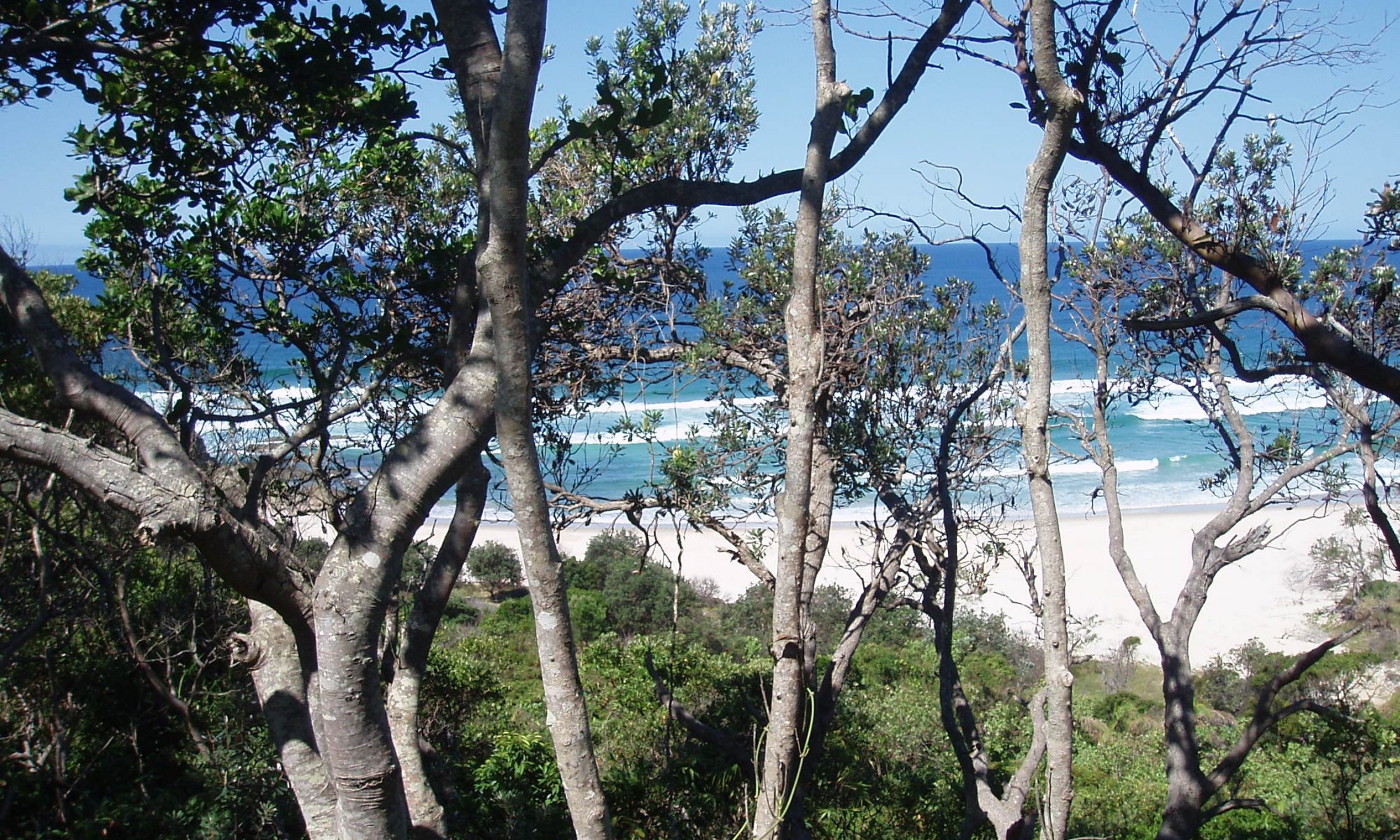Seven Mile Beach, Broken Head
“Bold and Excellent”
Double Trouble
Catchwords: Crime, Drink driving, special range, suspended or cancelled licence, State Debt Recovery Office, post, multiple offences, disqualification for driving after licence cancelled or suspended for non-payment of fine, S54(5), S108, S205(4) Road Transport Act.
The “Special Range” drink driving [PCA] offence starts on a reading of 0.02 alcohol concentration, to less than 0.05 [S108, S110(2) Road Transport Act 2013 (NSW) “RTA”].
But any driver can fit into it inadvertently through fine default.
Some better-known “special category” drivers are of public passenger vehicles, coaches and heavy lorries. Learners, provisional and disqualified drivers are in it.
The lesser known are those persons whose licences were suspended or cancelled by non-payment of traffic fines.
The State Debt Recovery Office and Roads and Maritime notifications by mail are inherently unreliable, particularly to regional people. They are not administered by the Police Department. They are not sent by security mail, just ordinary post. No proof of receipt is required. Some drivers don’t get notifications promptly, if at all. There aren’t follow-up notices once the fine is paid. There are no extra notifications if some but not all the fines are mistakenly paid.
The fact is you might not know you are suspended from driving for fine default and yet be a “special category” driver.
Yet the crime of “Driving or making licence application after licence cancelled or suspended for non-payment of fine” [S54(5) RTA] carries a serious maximum sentence of 18 months gaol, fines of $3,300, or both, and disqualification from driving for three (3) months, to commence at the end of the existing suspension; and for a second or subsequent offence a maximum sentence of 2 years gaol, fines of $5,500, or both, and a disqualification period of 2 years to commence at the end of the existing suspension. These are serious punishments for driving on a suspended or cancelled licence.
Additionally, if caught drink driving, the driver faces an escalation in the maximum disqualification period for the simultaneous drink driving crime, because they become a “multiple offences”, even though they occurred at the same time. As a 1st offence, it carries 3 years off the road as an automatic maximum, or 5 years if there was a previous offence within five (5) years (S205(4) RTA) .
The legislation punishes a driver for drink driving on a suspended licence that falls unwittingly into this “special category” because of fine default, more than it does a lorry or coach driver, who drink drives who is already in the special category because of the job and who had a drink on the road. Yet the culpability of the coach driver could be viewed by society as much much greater!
The “Special Range” penalties mirror the “Low Range”, except for the lower starting measurement [0.02 versus 0.05]. Yet at higher blood alcohol levels the “special category” driver steps out of this “Special Range” into the Low, Middle or High ranges. Yet the legislation does not make the lorry or coach driver more culpable for drinking more alcohol above the normal penalties in the other ranges. It could but instead it leaves this to the discretion of the Court.
The legislation seriously punishes the perhaps unlucky inadvertent fine defaulter disproportionately to the (some would say) more culpable drinking bus driver in the same special range. The former might not even know they are in that range: whereas the latter ought to know.
As such, the special range is not so special. In fact, it is used as a very ordinary method of collecting fines and generating revenue.
Jonathan de Vere Tyndall
Updated 13 April 2015, originally published Country Leader 27/10/2003, North West Magazine 27/10/2003, 1/3/2004, North Coast Town and Country 11/2003
Editors note: The articles published contain comment only and not legal advice, for which you should retain a solicitor. No responsibility is accepted for the accuracy of the contents.


